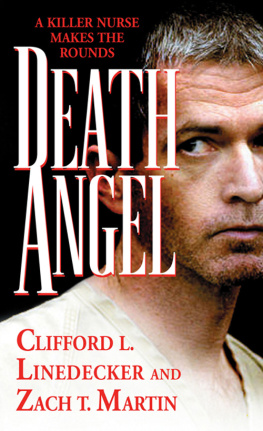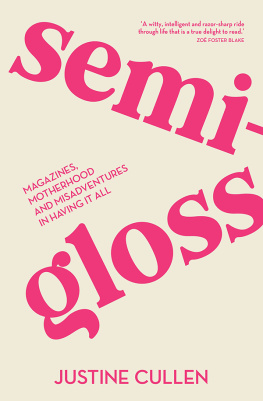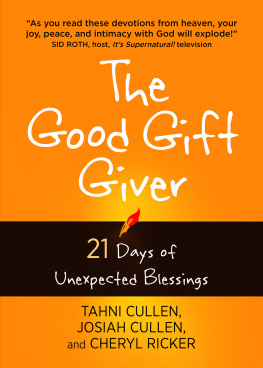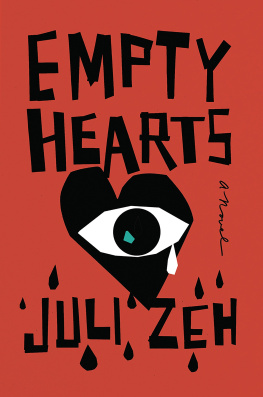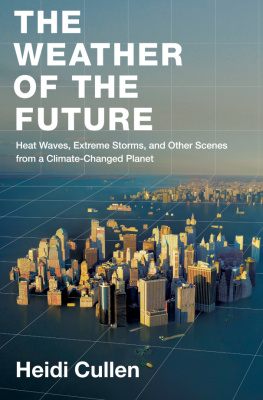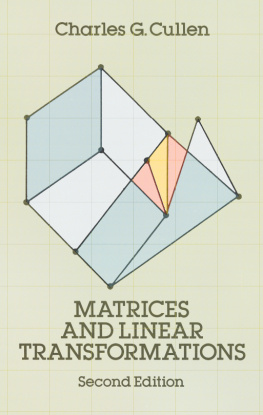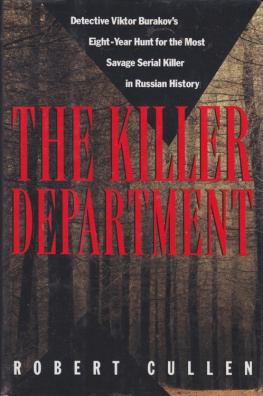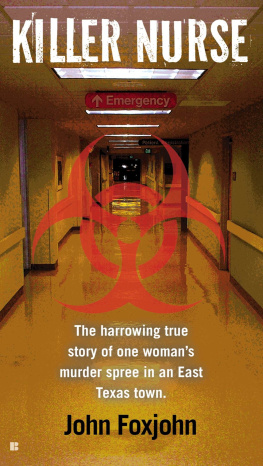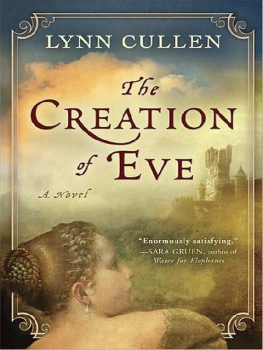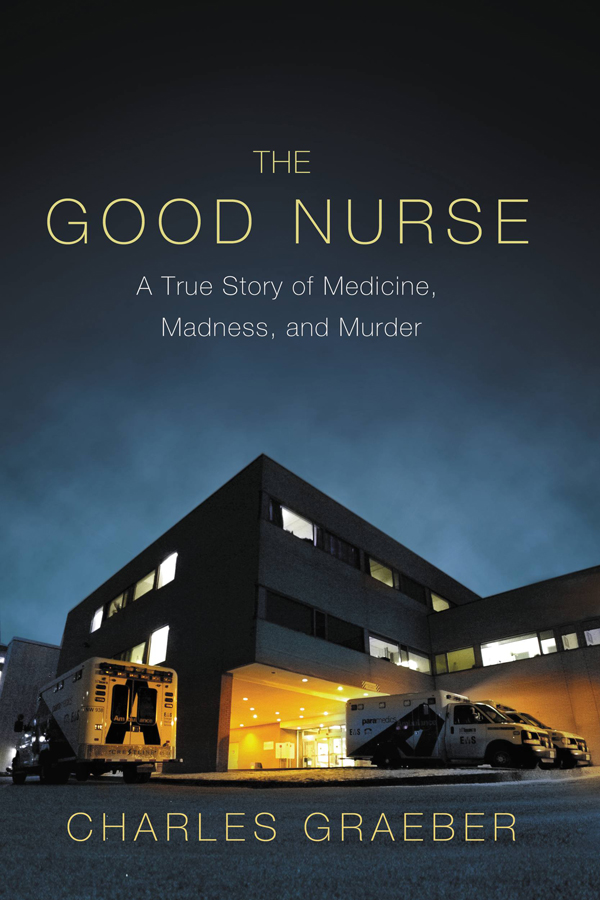
In accordance with the U.S. Copyright Act of 1976, the scanning, uploading, and electronic sharing of any part of this book without the permission of the publisher constitute unlawful piracy and theft of the authors intellectual property. If you would like to use material from the book (other than for review purposes), prior written permission must be obtained by contacting the publisher at permissions@hbgusa.com. Thank you for your support of the authors rights.
Thank you for buying this e-book, published by Hachette Digital.
To receive special offers, bonus content, and news about our latest e-books and apps, sign up for our newsletters.
Sign Up
Or visit us at hachettebookgroup.com/newsletters
Copyright 2013 by Charles Graeber
All rights reserved. In accordance with the U.S. Copyright Act of 1976, the scanning, uploading, and electronic sharing of any part of this book without the permission of the publisher constitute unlawful piracy and theft of the authors intellectual property. If you would like to use material from the book (other than for review purposes), prior written permission must be obtained by contacting the publisher at permissions@hbgusa.com. Thank you for your support of the authors rights.
Twelve
Hachette Book Group
237 Park Avenue, New York, NY 10017
www.hachettebookgroup.com
www.twitter.com/grandcentralpub
First ebook edition: March 2013
Twelve is an imprint of Grand Central Publishing.
The Twelve name and logo are trademarks of Hachette Book Group, Inc.
The publisher is not responsible for websites (or their content) that are not owned by the publisher.
The Hachette Speakers Bureau provides a wide range of authors for speaking events. To find out more, go to www.hachettespeakersbureau.com or call (866) 376-6591.
ISBN 978-1-4555-0612-5
This is a true story built upon over six years of research and interviews with dozens of sources, including Charles Cullen.
Charlie is a proud and complicated man who, aside from our conversations, never issued a public statement or granted a single media interview. Our communication spanned several years, beginning with his attempt to donate a kidney from prison. He sees no reason to talk further.
His perspective appears throughout the book, but he is not the final arbiter of the facts herein.
Many other previously silent sources came forward to make this book possible. All risked their privacy, several risked careers or reputations. Some risked their freedom as well. Names and personal details have been altered when requested in order to protect their privacy and to shield those lives already altered by the events told here.
Every effort has been made to present this story accurately, through a relaying of the facts collected through police investigation reports, witness statements, transcripts, recorded wiretaps, surveillance tapes, court documents and legal depositions, and personal interviews. Some transcripts have been edited slightly for space and clarity, and some dialogue has been by necessity reconstructed based on corroborating documentation as above.
But as is true in any story of murder, the ultimate witnesses are voiceless. This book is dedicated to them, and to the good nurses everywhere who spend their lives caring for ours.
October 3, 2003
C harlie considered himself lucky. The career had found him, by accident or fate he couldnt say. After sixteen years on the job, Charles Cullen was an accomplished veteran, a registered nurse with a GED and bachelor of science in nursing. His Advanced Cardiac Life Support (ACLS), Intra-Aortic Balloon Pump, and Critical Care Unit certifications earned him a healthy $27.50 an hour in hospitals across New Jersey and Pennsylvania. There was always work. Even within the rotted cores of Allentown or Newark, medical centers were still expanding profit centers, each proliferating with new specialties and services, and each locked in desperate competition to attract experienced RNs.
By 4:40 p.m., Charles Cullen was in his car, shaved, gelled, and dressed in his whiteswhite top and bottom with a soft yellow cardigan and a stethoscope draped across his neck, such that anybody might guess the handsome young man was a hospital professional, possibly even a doctor, despite his baby-blue Ford Escort station wagon, ten years old and freckled with rust. After a decade living in a basement apartment in New Jersey, Charlies commute now started from across the border, in Bethlehem, Pennsylvania. His new girlfriend, Catherine, had a cozy little Cape there, which shed dress up with little card-shop knickknacksred paper hearts or singing jack-o-lanterns or accordion turkeys, depending on the seasonand though Charlie was growing bored with Catherine and her two teenage sons, he still liked being at her place okay, especially the little plot out back where he could putter on warm days, pinching deadheads or staking tomato plants. He also appreciated the five easy minutes it took to cross the Lehigh River to the familiar slipstream of I-78 East, the aortal artery pumping thousands of workers to shifts at labor-starved hospitals across the Garden State, only five or six of which were, unofficially, closed off to hiring him.
Over the course of his sixteen years, Charles Cullen had been the subject of dozens of complaints and disciplinary citations, and had endured four police investigations, two lie detector tests, perhaps twenty suicide attempts, and a lock-up, but none had blemished his professional record. Hed jumped from job to job at nine different hospitals and a nursing home, and been let go, terminated, or asked to resign at many of them. But both his Pennsylvania and New Jersey nursing licenses remained intact, and each time he filled out a new application, Nurse Cullen appeared to be an ideal hire. His attendance was perfect, his uniform pristine. He had experience in intensive care, critical care, cardiac care, ventilation, and burns. He medicated the living, was the first code responder when machines screamed over the dying, and exhibited origamilike artistry when plastic-wrapping the dead. He had no scheduling conflicts, didnt seem to attend movies or watch sports, and was willing, even eager, to work nights, weekends, and holidays. He no longer had the responsibilities of a wife nor custody of his two children, and his downtime was spent primarily on Cathys couch flicking through channels; a last-second sick call or an unexpected patient transfer could have him dressed and on the highway before the commercial break. His fellow nurses considered him a gift from the scheduling gods, a hire almost too good to be true.
His new job at Somerset Medical Center took forty-five minutes each way, but Charlie didnt mind the drive. In fact, he required it. Charlie considered himself a talker, and he was quick to share cringingly intimate details of his showdowns with Cathy or his comically crumbling home life, but there were some privacies he could never talk aboutsecret scenes that looped through his head, replayed for him alone. Between shifts, only the commute allowed Charlie to ruminate.
His little Ford hiccupped as it crossed from the cheap Pennsylvania asphalt to the smooth New Jersey tar. Charlie stayed in the left lane until the signs for exit 18, a fierce little one-way toward US 22 Somerville and Rehill Avenue. This was the nice New Jersey, wealthiest state of the union, the Jersey nobody ever joked aboutsuburban streets, lined with grand trees, well-tended yards uncramped by abandoned bass boats or broken trampolines, pristine driveways featuring leased Saturns rather than old Escorts. He killed the engine in the parking garage, early as usual, and hurried toward the hospitals back entrance.
Next page

